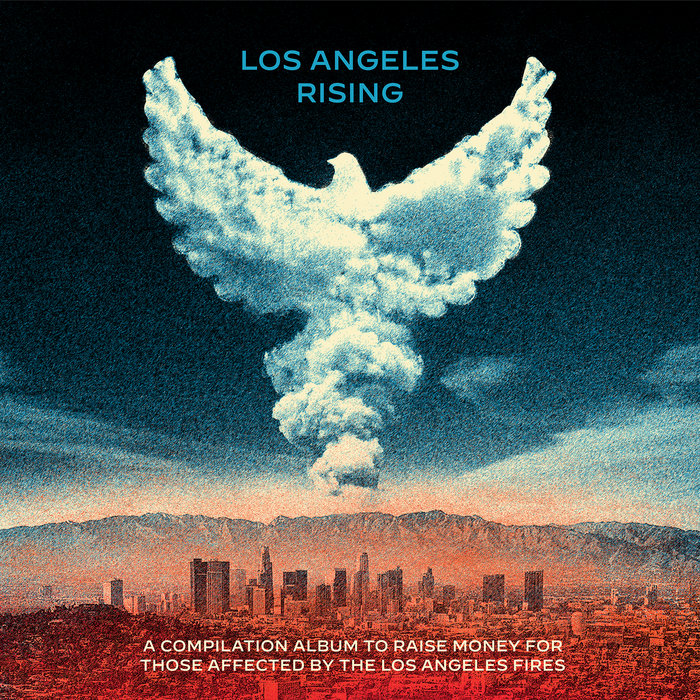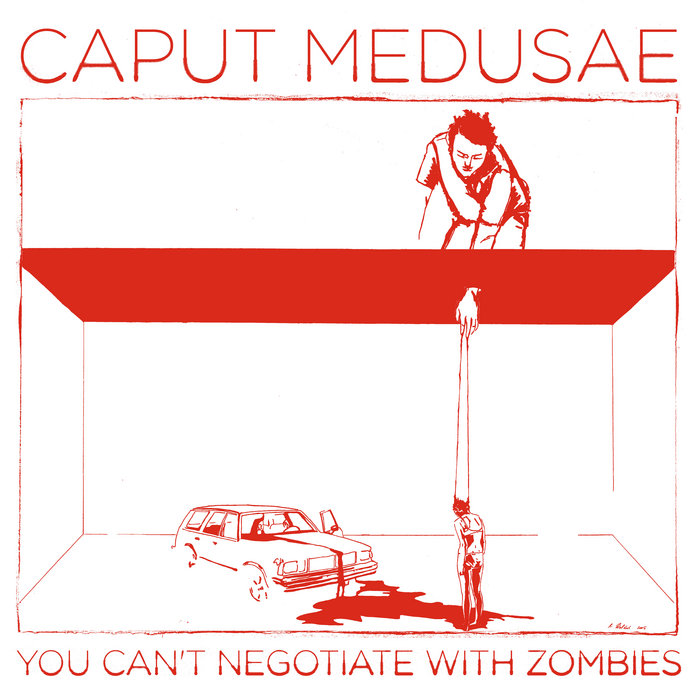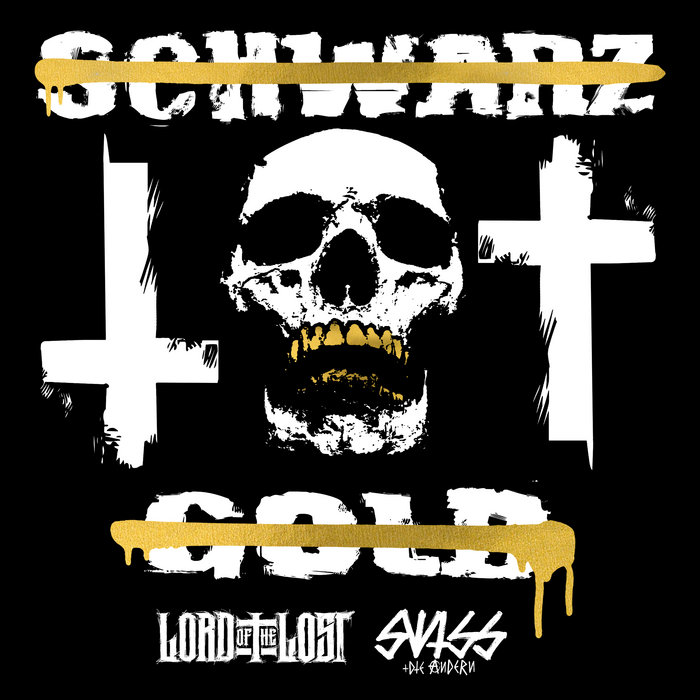
Tropical Darkness – Merlina So Sad
this blog is GROOVY – check out great Soul, Funk, Jazz, Hip Hop, Bass, Breaks , Reggae, House n many more TUNES
Hey there, fellow music enthusiasts! Today, let’s take a dive into the shadowy yet oh-so-cool world of goth music. Known for its moody aesthetics and haunting melodies, goth has made a significant mark on the music scene since its emergence in the late 1970s. So grab your black eyeliner and fishnet stockings as we embark on this journey through time!
Goth music originated from the punk rock movement but quickly developed its own identity. While punk was all about rebellion and raw energy, goth embraced darker themes — think more “spooky poetry” than “We’re Not Gonna Take It.” Bands like Bauhaus, with their iconic track “Bela Lugosi’s Dead,” are often credited as pioneers of this genre.
Fun Fact: Bauhaus’ lead singer Peter Murphy supposedly performed that song at a club opening while dressed as Dracula just to set the mood! Talk about commitment!
As we rolled into the early ’80s, bands like Siouxsie and the Banshees and The Cure took gothic rock to new heights. Siouxsie’s ethereal voice combined with her punk roots created an atmosphere that was both darkly enchanting and irresistibly catchy. Meanwhile, Robert Smith’s trademark smeared lipstick (and wild hair) gave us many unforgettable looks.
Funny Moment: During an interview once, Robert Smith said his hairstyle is basically “what happens when you stop trying.” Clearly not everyone can pull off such glorious chaos!
By the early ’90s, goth was branching out even further. We saw sub-genres spring up like weeds after a rainstorm! Bands began mixing gothic elements with other styles; industrial sounds from groups like Nine Inch Nails emerged alongside ethereal wave artists like Cocteau Twins.
One particularly hilarious incident involves Trent Reznor (of Nine Inch Nails). He admitted that during one particularly grueling tour, he walked around wearing a full cape for two days before realizing it wasn’t Halloween…
Flash forward to the 2000s! With technology booming and social media rising from underground depths (no pun intended), new generations found ways to explore gothic culture online. Bandcamp became a haven for aspiring artists who wanted to keep exploring those moody soundscapes without losing touch with modern twists.
New-wave musicians began experimenting too; enter acts like Nightwish, fusing symphonic metal with theatrical flair—a delight for anyone craving epic storytelling combined with heavy guitar riffs!
Let’s not forget about goth fashion! Remember Hot Topic? That place marketed itself as Mecca for all things alternative back in its day—and let me tell you—shopping there felt akin to finding treasure buried deep under layers of black lace!
And here comes another funny tidbit: Some goths joked that it should be renamed Hot Top Hat because it attracted literally every kind of alternative enthusiast imaginable—including quite a few pirate wannabes sailing into town searching for their next adventure.
Goth isn’t merely about music—it embodies individuality too! Just check out any Coven album cover or those classic Misfits skull shirts rocking forever cool iconography—the look finds influence everywhere—from literature (think Edgar Allan Poe) right down past folklore across cultures worldwide.
As expressions merge over decades spanning genres together now—who would’ve guessed how vast this subculture weaves? Hip-hop artists riffing off melancholic beats adjacent paired up rhythms saxed alongside some fresh techno riddims turns heads today—embracing diversity one dark note at-a-time means welcoming different perspectives offered beyond confines defined by traditional molds!
So where do we stand today? Goth continues evolving fluidly while maintaining deeply rooted essence forged during foundational years traversed by innovative minds unafraid shining brightly amongst shadows cast behind them; proving shadows only enhance beauty collectively enjoyed among fans gathering within vibrant communities worldwide assembling festivals celebrating each unique talent emerging from little corners flourishing creatively bringing vivaciousness amidst darkness radiant vibrancy parallels juxtaposed ironically existing over melodramatic anecdotes shared openly—all lovingly wrapped together keeping spirits alive long after last encore fades away night falls gently settling amongst echoes whispering tunes reflective journeys experienced relating nostalgia woven thick language seasoned richly textured tones resonance timeless harmonizing inside hearts echo eternally…
Remember folks—that behind every brooding face lies laughter waiting unleash freely so let loose groove wholeheartedly embracing quirks celebrating strange vibes dancing elegantly twirling until dawn breaks again reliving joyfully crazy moments sprinkled everywhere too…after all aren’t ghosts simply people having fun?!
Rock on till next time—stay spooky!

Tropical Darkness – Merlina So Sad

Worm Tamer – LaunayVauz Remix – GRINDERMAN

Eerie Dance – Caput Medusae

Schwarz Tot Gold – Lord of The Lost vs SWISS & Die Andren